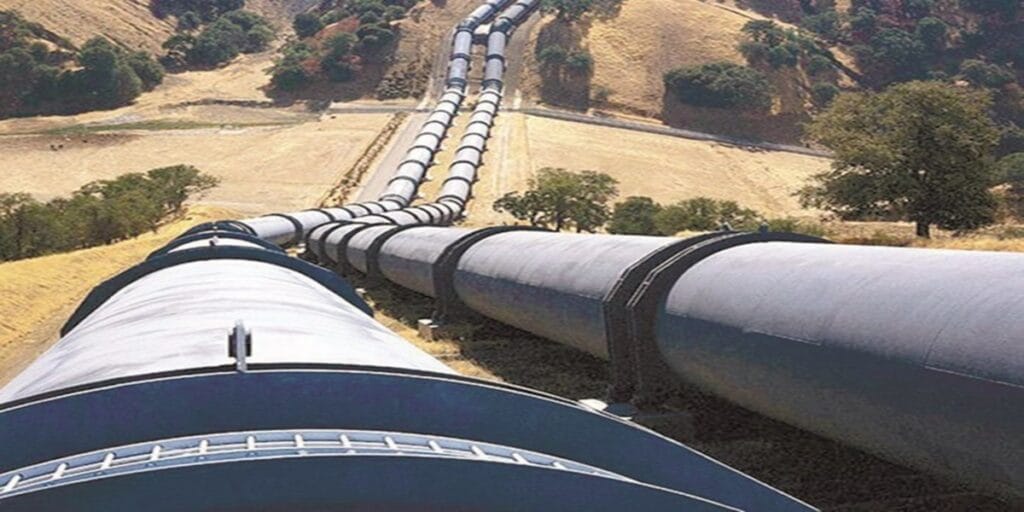The ambitious gas pipeline project between Nigeria and Morocco has reached a new milestone. The two countries have officially established a joint venture to oversee the construction of this giant infrastructure, estimated at 25 billion dollars, announced Leïla Benali, Moroccan Minister of Energy Transition.
An active phase project
Before parliamentarians, the minister confirmed that the pipeline, which is 5,300 kilometers long, now has a definitive route. The technical and feasibility studies are complete, marking the transition to the operational phase of the project. In the meantime, Morocco plans to install a floating regasification unit (FSRU) in the port of Nador, in the Mediterranean. Calls for tenders for its construction will be launched soon.
The infrastructure will transport nearly 30 billion cubic meters of natural gas per year, from Nigerian fields to northern Morocco, before connecting to European markets.
A strategic energy axis for West Africa
This pipeline, born from an agreement signed in 2017 between Rabat and Abuja, will cross about ten countries, including Benin, Togo, Ghana, Sierra Leone, Guinea, and Senegal. In addition to securing gas supply, it aims to structure a regional energy corridor and stimulate south-south cooperation.
Financing in search of balance
Despite its strategic potential, the project still struggles to attract financial commitment from Europe. In 2024, several reports suggested that Morocco and Nigeria might turn to Gulf countries to mobilize the necessary funds. Some explain the European reluctance by the Old Continent’s technological shift towards green hydrogen, seen as an energy of the future.


